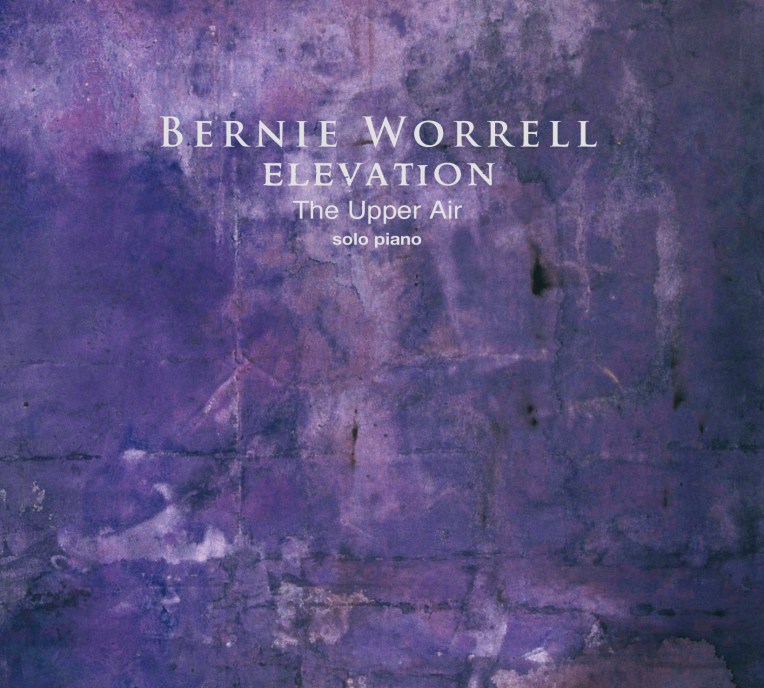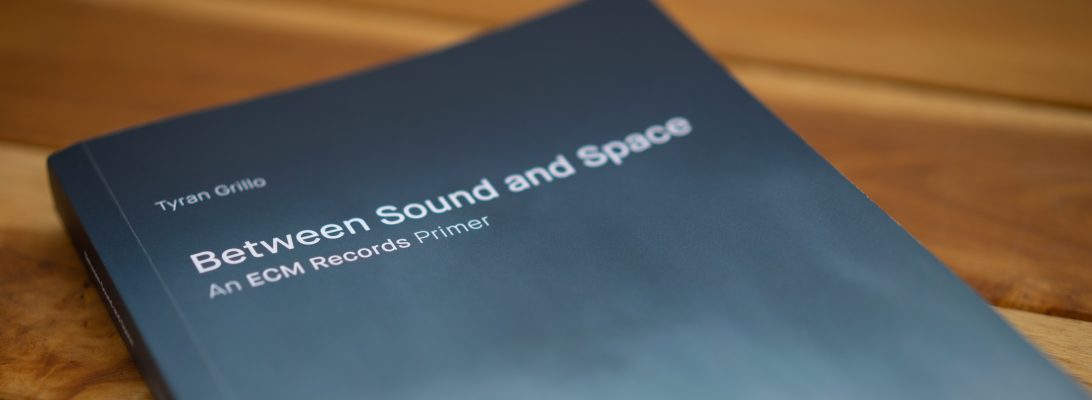
Bernie Worrell may be best known as the backbone of George Clinton’s Parliament-Funkadelic, but on Elevation that spine sprouts veins, flesh, and wings in the keyboardist’s first solo piano transformation on record. While one may find it to be a surprising turn in an already-varied career, here is where the most paramount vessel of his seeking can be found: the heart.
The tune “In A Silent Way” by Joe Zawinul begins the album with a lyricism more expected of Tord Gustavsen, whose patience is echoed here. Worrell brings out a feeling of the American South in this rendition, painting the then and the yet-to-be in single brushstrokes. Hanging somewhere in the middle, he forges music like the glue between polarities of time. A low bass tone rises from a subconscious abyss, and writes its name across the mind’s eye with the control of a master calligrapher.
Whereas many jazz albums might use such tenderness as a warmup for quicker movements, this one keeps its promises. And so, Bootsy Collins’s “I’d Rather Be With You” lengthens the thread being pulled from this garment, removing a band of color from an overall pattern at once fading and forming. The balladic wavelengths allowed through this sonic portal are of the same frequency as those which link separated lovers by thought alone. Such transcendence is so damn immediate that you can’t help but feel like it’s your hands at the keys. And as Worrell draws lines in the water in order to feel its droplets clinging and separating, he evokes every human life caught in the karmic wheel.
It’s one among a handful of popular songs reimagined to be as naked as possible. Between the anthemic goodness of Carlos Santana’s “Samba Pa Ti” and Bob Marley’s “Redemption Song,” one common theme rules: the hidden truth of slowing down. It’s a philosophy epitomized in his take on “Ooh Child” by one-hit wonders The Five Stairsteps and “I Wanna Go Outside In The Rain” by The Dramatics. Both melt down the base metals of improvisation into the key of Worrell’s uniqueness. He makes no efforts to reveal secrets hidden in these melodies, but rather something far more difficult. He reveals their true selves.
John Coltrane’s “Alabama” is another example, which in the present version evokes rolling plains and clouds of smoke curling from pursed lips. A bittersweet nostalgia seeps through its curtain like light onto a kitchen table that was once alive with laughter but at which now sits only one. The pacing makes every snap of this uprooting that much more lucid to bear, while a stormy shadow trembles beneath it all.
Charles Mingus’s “Goodbye Pork Pie Hat” enacts further transformations from solid to liquid, throughout which balances of technical and creative emotions are under constant negotiation. Worrell turns the entire piece into one long inhale, as if to incorporate every particle of breath before expelling the carbon dioxide of his own infinitude.
Even more permeable borders outline such ruminations as “Light On Water” and “Realm Of Sight.” Each is the culmination not only of elements, but also of impulses that can only be sung, not spoken. Together, they form a modal flower, floating through the dust of history in search of that one stem held in the fingertips of an artist who continues to teach us that connecting with listeners requires the lone musician to unravel into their ears.
This is music you don’t interpret, but which interprets you.

